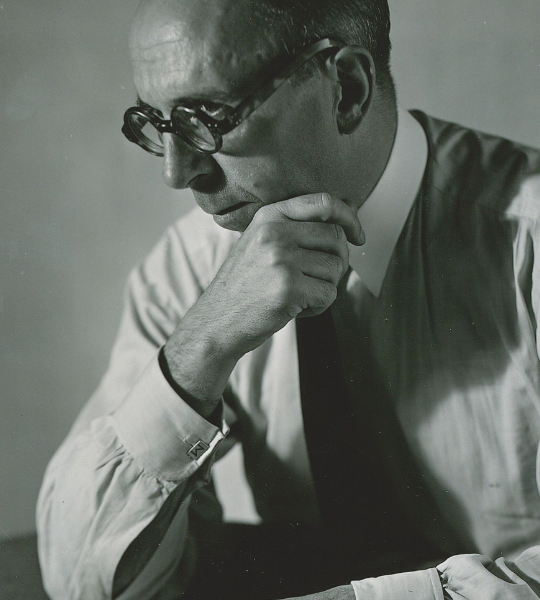Marcel Poot (1901–1988)

Charlot, Three Symphonic Sketches (1926)
Symphony No. 1 (1929)
Jazz Music, for Orchestra (1930)
Paris in Verlegenheid (Ballet, 1933)
Ouverture joyeuse (1934)
Allegro symphonique (1936)
Symphony No. 2 (1938)
Le Dit du Routier (Oratorio, 1943)
Moretus ou le Damné récalcitrant (Opera, 1943)
Icare (Oratorio, 1945)
Symphony No. 3 (1952)
Pygmalion (Ballet, 1957)
Piano Concerto No. 1 (1959)
Mosaïque for Wind Octet (1969)
Concertino for Violoncello and Orchestra (1971)
Oboe Concerto (1972)
Clarinet Concerto (1977)
Concerto for Alto Saxophone (1980)
Symphony No. 7 (1980)
Berceuse Flute & Piano 1976
Fantasietta Flute & Piano 1977
Légende Flute & Piano (unspecified)
Pièces Flute & Piano (collection) 1976
Scherzetto Flute & Piano 1977
Concertino (Flute, Violin & Cello, 1963)
Ballade (Flute & Piano)
Sicilienne (Flute & Piano)
Mosaïque (Wind Octet: 2 Flutes, 2 Oboes, 2 Clarinets, 2 Bassoons, 1969)
ABOUT MARCEL POOT
Marcel Michel, Baron Poot (7 May 1901 – 12 June 1988) was a Belgian composer, professor, and influential cultural figure. Born in Vilvoorde and later active in Brussels, Poot became one of Belgium’s most recognized composers of the 20th century.
His early studies included clarinet and piano under the guidance of his father, Jan Poot, before formal training at the Brussels and Antwerp Conservatories. There, he studied composition with Arthur De Greef, José Sevenans, Martin Lunssens, Lodewijk Mortelmans, and Paul Gilson.
In 1925, Poot co-founded Les Synthétistes, a group of young Belgian composers dedicated to synthesizing traditional and modern elements. That same year, he began studies with Paul Dukas in Paris, an experience that refined his compositional voice.
Poot’s music was influenced by jazz, film, and the works of Strauss, Ravel, and Stravinsky, with a style characterized by rhythmic vitality and clarity of orchestration. His Ouverture joyeuse (1934) became his most famous composition, performed internationally and frequently revived despite his own ambivalence toward its popularity.
As an educator, Poot shaped generations of musicians as a professor and later director of the Brussels Conservatory (1949). He also served as director of the Queen Elisabeth Music Chapel (1969–1976) and chaired the jury of the Queen Elisabeth Competition (1963–1980). He was a leading figure in professional organizations, founding the Union of Belgian Composers in 1960 and presiding over SABAM and CISAC.
For his contributions to Belgian music, he was awarded the title of Baron in 1984.
Marcel Poot’s legacy lies not only in his wide-ranging works but also in his dedication to music education and institutional leadership. His compositions reveal both wit and rigor, often bridging lightness with structural strength. As a cultural leader, he firmly established himself as a central figure in 20th-century Belgian music.
